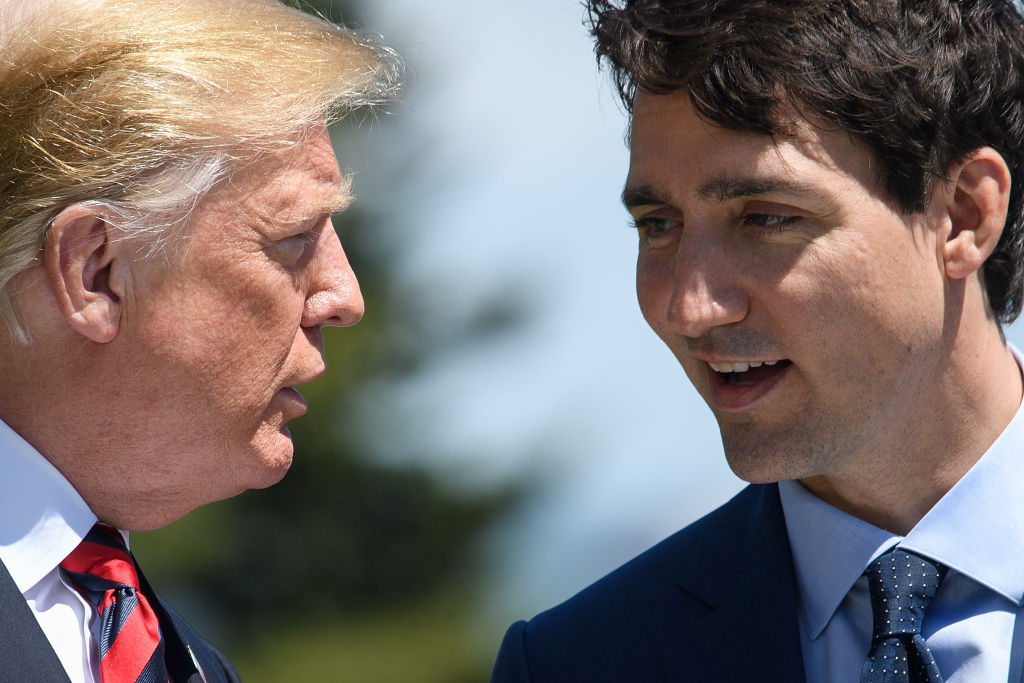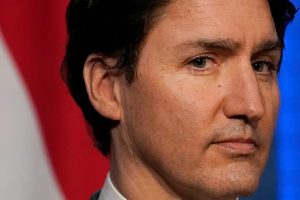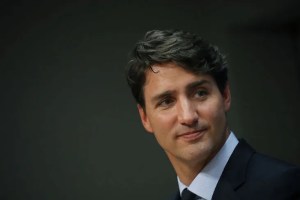The news that the US, Canada and Mexico have agreed a new trade deal, USMCA, may have caused a little surprise this morning among Trump critics. Isn’t the US President supposed to be leading the world into a new dark age of protectionism, sparking a 1930s-style depression as he puts the interests of a few blue collar workers in rustbelt industries above the health of the US and global economies as a whole?
Yet for anyone who has been following Trump’s methodology the news shouldn’t really have caught them unawares. Trump, it is true, was elected thanks in part to promises to protect US workers from unfair foreign competition. Yet he has since made quite clear that his instincts are far more towards free-trade – within days of the animosity of June’s G7 meeting he was asking: why not go to zero tariffs? His steel and aluminum tariffs have served to draw attention to the native protectionism of countries which have criticised him – as he pointed out, for example, it is a bit rich the EU claiming to be a champion of free trade when it imposes 10 per cent tariffs on imports of US-made cars – four times the tariff applied in the other direction.
What has happened between the US, Canada and Mexico is Trump all over: he stirs things up, insults people – and then when relations can’t seem to get any worse, he makes up, shakes hands and does a deal. He is like a character from a romcom – he sets the pots and pans flying, just so that he can manufacture a happy ending. The only difference is that in a romcom you might expect both parties in the relationship to admit to their foibles and share the joy of making up – whereas in Trump’s case he expects to walk off with most of the credit for patching things up.
It is not a very sophisticated tactic, though it is one which seems to have fooled many of Trump’s critics – who can’t seem to see beyond the bellicose phase and who, as a result, see the President as a simply destroyer of international relations. He is not – he is a disruptor, a practitioner of creative destruction. And he works fast, with little delay between the destruction and the reconstruction phase. Look at his relations with Kim Jong-un – whom in January he was taunting with boasts about the size of his nuclear button, yet just five months later he was praising in a personal meeting.
Don’t, then, expect the trade war of 2018 to go on for long. You can bet that Trump will be trying to engineer it so that well before the end of his first term he will be able to present himself as the man who delivered the world into a new era of freer trade and greater prosperity. If other countries are prepared to confront their own protectionist practices, he might just succeed.


















